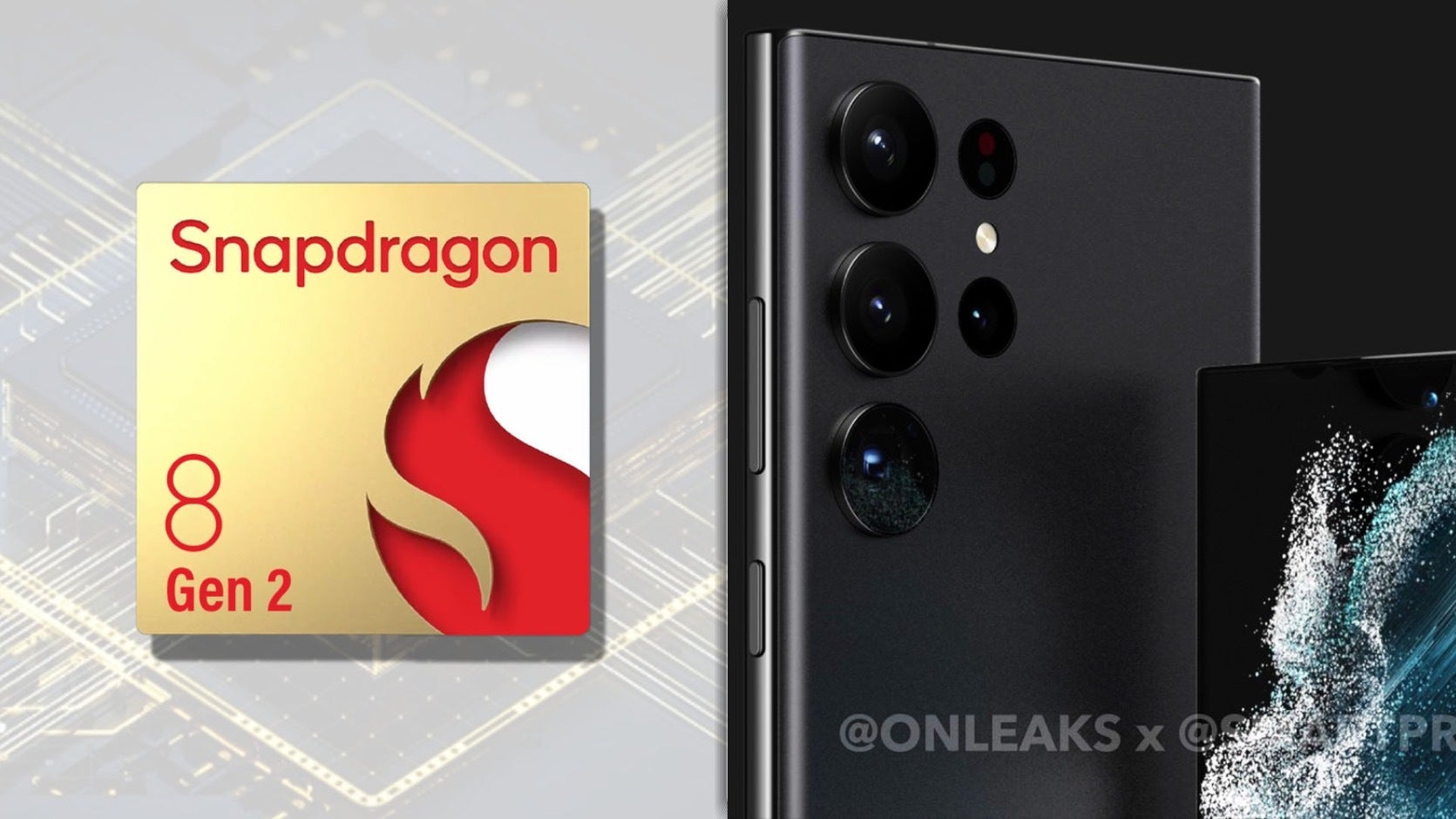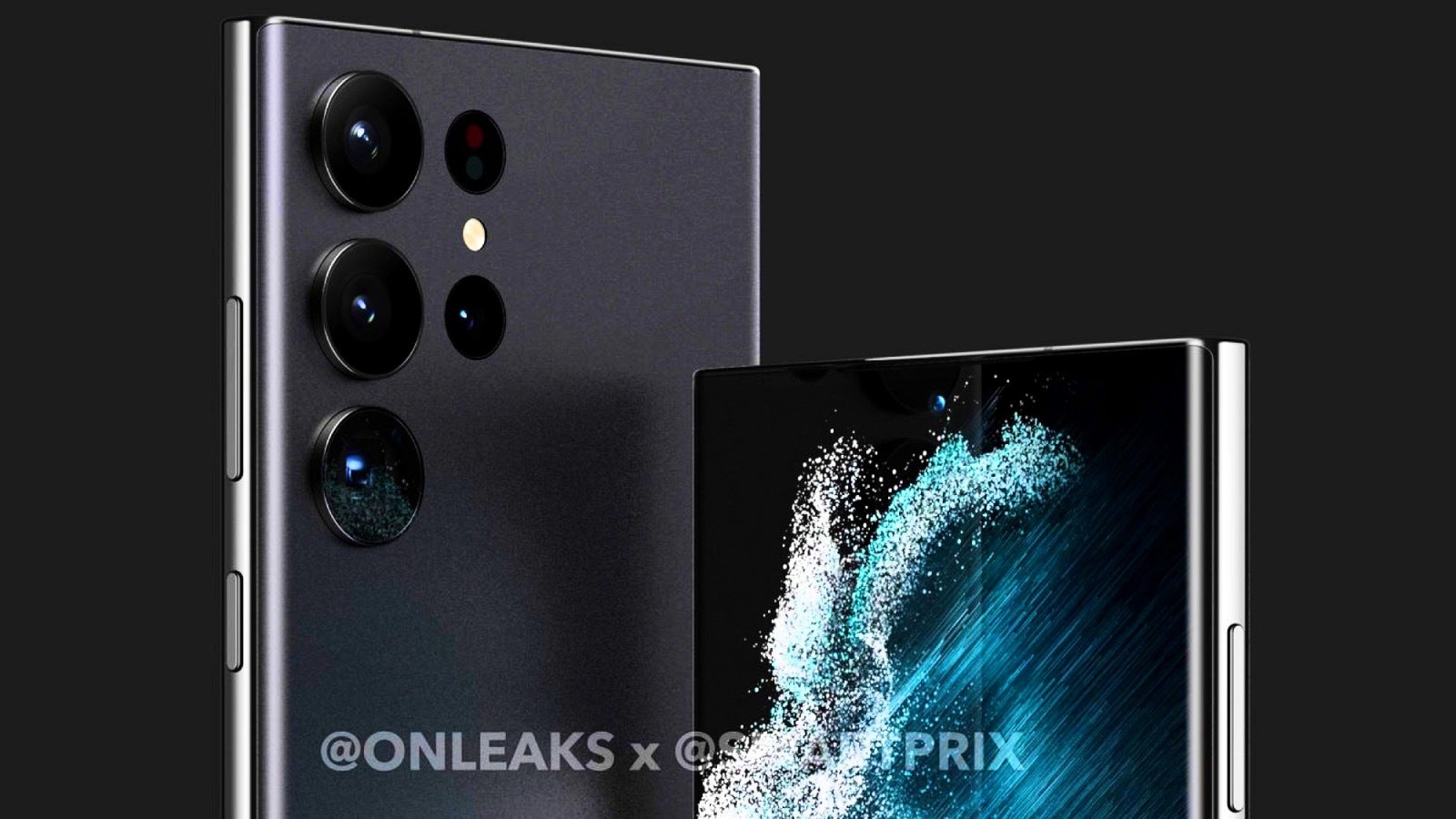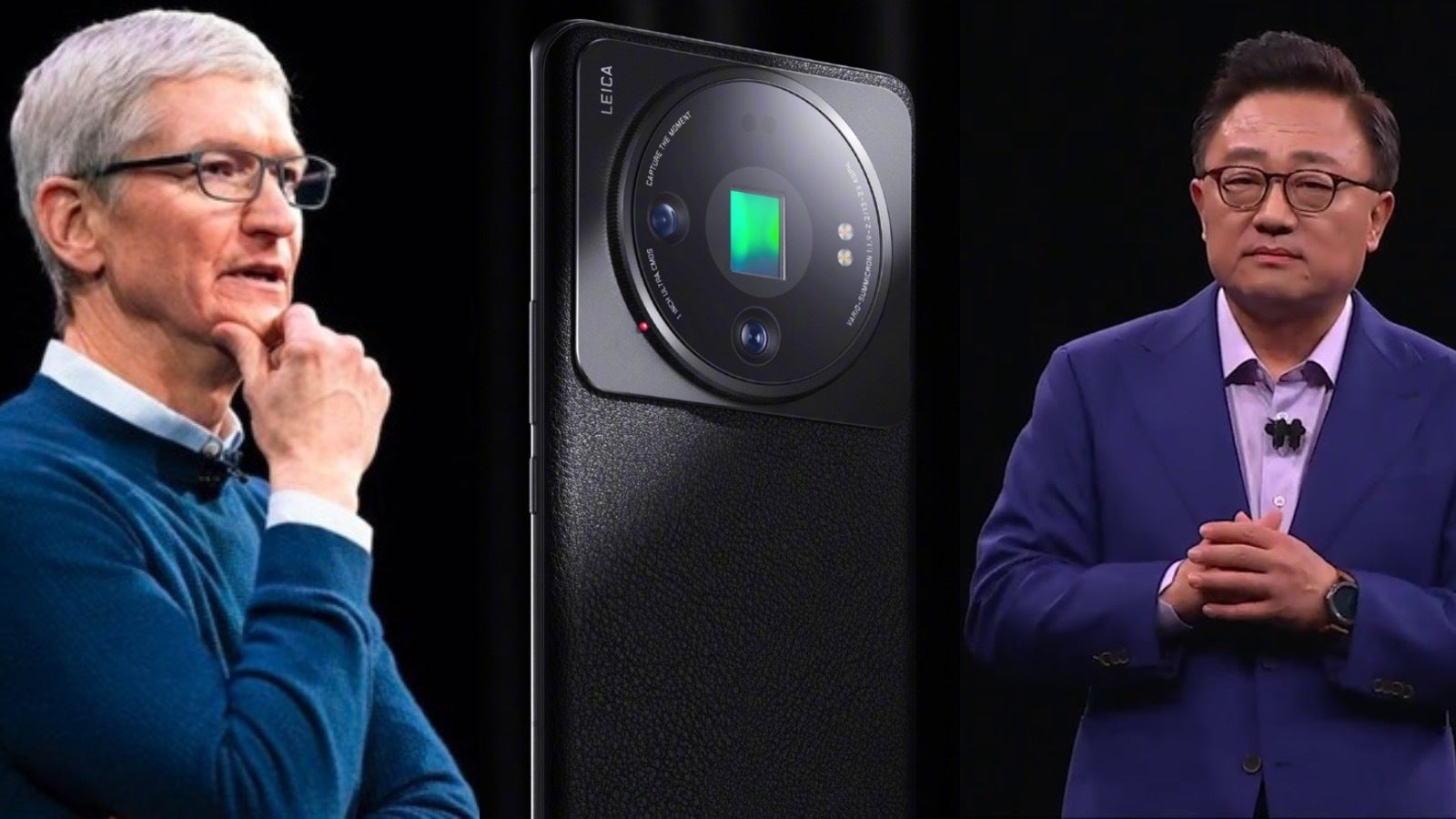Galaxy S23 makes Android history! Samsung beats iPhone 14 performance, efficiency for the first time
This article may contain personal views and opinion from the author.

Android's iPhone...
There isn't a clear definition of what "Android's iPhone" might look or feel like. Still, when I think of the iPhone, I imagine a polished and consistent software and hardware experience, efficient processing, and reliable battery life - all working in harmony.
As of now, many Android phones were "supposed to" reach Apple's level of performance and efficiency, but none of them have managed to come close… Perhaps the most recent Android phones I wanted to call "Android's iPhone" were the Pixel 6 and Pixel 7 - mostly because Google has total control over the hardware and software of the phones (just like Apple).
The Snapdragon chip-maker took on a big marketing overhaul when releasing the Snapdragon 8 Gen 1 chipset back in 2021. I say "marketing overhaul" since, despite having a new name, the 8 Gen 1 wasn't really a noticeable step up from the Snapdragon 888. Surprisingly, though, the Snapdragon 8+ Gen 1 was!
Android users, this might be the best chip we've ever had, and Samsung promises to make it even better!
A super-charged Snapdragon 8 Gen 2 set to power all Galaxy S23 models worldwide, putting end to countless issues with Exynos chips

Although we still haven't gotten our hands on a Snapdragon 8 Gen 2-powered phone (the Vivo X90 is the first officially-announced phone with the new chip), thanks to leakster IceUniverse, we already have a very good idea of what the Snapdragon 8 Gen 2 will bring to the table! And it's exciting!
For starters, Samsung fans should be particularly pumped, and that's because the Galaxy S23, Galaxy S23+, and Galaxy S23 Ultra are set to bring a unique, overclocked version of the new Snapdragon 8 Gen 2, which should make Samsung's flagships ever so slightly more powerful (at least on paper) than other Android phones with the same chip.
Galaxy S23 to run circles around Exynos Galaxy S22; brings unseen performance and efficiency improvements to Samsung flagships
Regardless of whether we're talking about the standard or super-charged version of the Snapdragon 8 Gen 2, we're expecting the new chip in the Galaxy S23 to bring tremendous improvements, especially when compared to the Exynos version of the Galaxy S22!
- According to leaked Geekbench 5 scores, which test CPU performance, the Snapdragon 8 Gen 2 should bring at least 25% better single-core score and a whopping 45% better multi-core score compared to the Exynos 2200 from the Galaxy S22. And that's not even the final form of the SD 8 Gen 2.
- CPU aside, leaked GFX benchmarks (testing graphics performance) show that compared to the Exynos 2200, the Snapdragon 8 Gen 2 is improved by at least 60% while being at least 85% more efficient. These are what the tech world calls "unreal" numbers
Galaxy S23 set to match the A15 Bionic's performance; Snapdragon 8 Gen 2 comes close to Apple's A16 Bionic, making Android history
But things keep getting more interesting because the Snapdragon 8 Gen 2-powered Galaxy S23 won't just be a huge improvement over older Exynos and Qualcomm chips but is set to match Apple's very own A15 Bionic used in the iPhone 14 and iPhone 13 Pro!
- With 1,465 single-core and 5,180 multi-core, Qualcomm's Snapdragon 8 Gen 2 is now set to match/surpass Apple's vanilla iPhone flagship for the first time in history
- With 1,725 single-core and 4,635 multi-core, Apple's A15 Bionic from the iPhone 13 Pro and iPhone 14 might fall slightly behind the Snapdragon 8 Gen 2 in the Galaxy S23
- For the record, the A16 Bionic chip powering the iPhone 14 Pro has a single-core score of 1,875 and a multi-core score of 5,375, which puts it on top of the food chain
It's worth noting that although the Snapdragon 8 Gen 2 seems to be as powerful as the A15 chip, on top of being much older, Apple's processor gets this much power while being manufactured on TSMC's 5nm process. On the other hand, Qualcomm's Snapdragon 8 Gen 2 is built on TSMC's 4nm standard. Therefore, theoretically, once Apple's ready to shift into a new gear (whether it's 4nm or 3nm), the upcoming iPhone 15 Pro would likely leave the Snapdragon 8 Gen 2 in the dust.
Galaxy S22 "S"? Samsung takes a conservative, Apple-like, approach to Galaxy S23 upgrade (and that's great!)

The Galaxy S23 flagships will look hardly any different than their predecessors, but that's not a problem at all!
Although this won't make everyone happy, it does seem like Samsung is taking a more conservative approach to next year's Galaxy "S" upgrade, reminiscent of what Apple did with the iPhone 14 (after the iPhone 13). Gone are the days when Samsung tried changing its flagship phone strategy every year.
With top-of-the-line displays, designs, cameras, and even software support, a reliable processor across all models and geographical regions was exactly what Samsung's flagship phones were missing to reach peak performance!
Frankly, it's a pure mystery why it took Samsung so long to move away from using Exynos chips for its flagship phones sold in some regions of the world. On the other hand, Qualcomm also took forever to give us an Apple-grade chip with a promise of delivering great power and efficiency. But we're almost there now!
Thanks to Samsung's commitment to using Snapdragon chips exclusively, Qualcomm's seemingly great job with the new 8 Gen 2, and Apple's bizarre decision to reuse last year's A15 Bionic chip for the vanilla iPhone 14 models, it now seems like the Galaxy S23 will be at least as powerful as the iPhone 14 - if not more capable, making Android history!
The competition in 2023 will be tough; phones from Xiaomi, Google and Apple will try to give Samsung a hard time

Xiaomi might be the dark horse of the 2023 flagship phone race.
In the end, it's worth remembering that the Snapdragon 8 Gen 2 isn't reserved for Samsung. In fact, a ton of other Android phone-makers will and already are using Qualcomm's game-changing chip in their flagship phones!
As a matter of fact, the first Snapdragon 8 Gen 2 phones were announced on November 22, and they are Vivo's new X90, X90 Pro, and X90 Pro+ flagships. These are currently available only in China and expected to debut globally in some 2-3 months (if Vivo's X80 rollout strategy is to be repeated).
OnePlus, Motorola, Sony, Oppo, etc., are also expected to launch Snapdragon 8 Gen 2-powered flagships in the upcoming months, but Samsung's real competition here is shaping up to be the Xiaomi 13 series, which promises not only the new Snapdragon 8 Gen 2 but also a 1-inch Sony IMX 989 sensor for the global market, making for an even more intimidating package.
Leaked Geekbench 5 scores from another Snapdragon 8 Gen 2-powered flagship, the Xiaomi 13, show scores closer to that of the iPhone 14 Pro with the A16 Bionic chip.
In case you're wondering, no - I didn't forget about Google's Pixel 7 series! Unfortunately, and ironically, the Samsung and Google-made Tensor G2 could turn out to be 40-50% slower than the Snapdragon 8 Gen 2, leaving Sundar Pichai & Co out of this "power and efficiency" conversation. At least for this year.
Has Samsung finally gone above and beyond to cement its position as the Android phone maker with the fastest, most efficient and most reliable phones? We'll have to wait for the Galaxy S23 series to find out for sure! So, give it a couple of months...
Follow us on Google News












Things that are NOT allowed:
To help keep our community safe and free from spam, we apply temporary limits to newly created accounts: